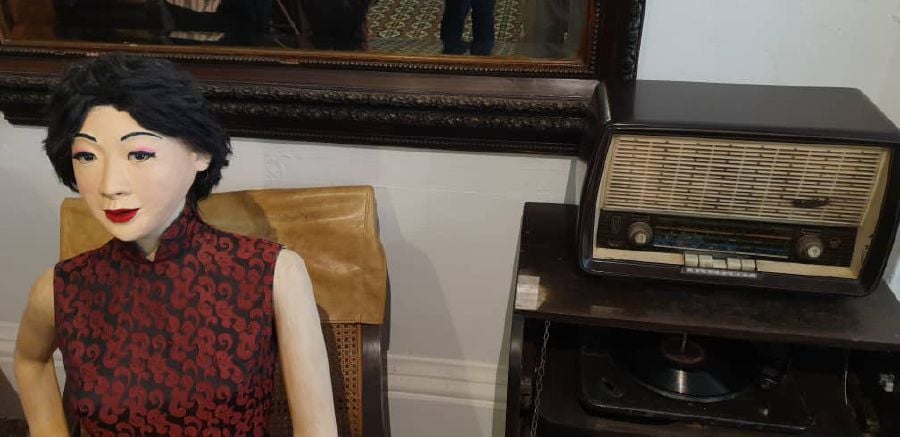THIS writer walked into a fine restaurant in the satay town a few weeks ago. He was wearing a pair of faded shorts and a black, crew-neck shirt.
His hair, or what remained of it, was a greying Mohican on a weary face. He sat at a well-laid round table nearest the exit. He did not have the proud bearing of Fenimore Cooper's Mohican, Uncas, but was a scruffy-looking chap at best.
Texting the office he was, and he gave no thought to the fact no one came to him.
After the passage of 15 minutes, he gestured to a 'far-off' waitress. She trotted over. He told her: "I want to order something." She looked surprised, and promptly called out to her supervisor, who was observing them.
The first thing the supervisor did — she hurriedly came over — was to apologise to the writer. She had seen him amble in earlier, but thought he was one of the workers renovating a corner of the establishment. So she did not send anyone to attend to him.
Appearances are deceiving. Everyone must have made assumptions (and still do) based on a first look/reading. Alas and alack, whether or not they turn out to be true may be irrelevant.
Take politics, for example. How many times have members of political parties been tarred with the same brush — "fundamentalists", "communists", "corrupt", "bigots", etc?
In a WhatsApp group, a friend said of an accident involving a car and two motorcyclists: "The kapcais deserve it. They are a pesky lot."
It mattered little that a video of the incident showed the riders were hardly to blame for the misfortune.
And recently, a woman was charged in court with making inflammatory statements. She had allegedly called Malays lazy.
A former minister was baffled by the action against her. "Some people think the Chinese are selfish, women make bad drivers, the Indians are troublesome, and the Jews are cruel. Why criminalise this sort of thing?" he asked.
That point is debatable. But the fact is, stereotyping is easy. It is an eternal flaw in a young race of beings.
This writer has, to his shame, found out more than once that he, too, is hardly a saint in this affair. Using stereotypes becomes second nature. Finding out the truth is tough, perhaps undesirable.
He thinks this makes people numb and dumb. And grumps. To dig deeper to know the truth, or the bits of truth swimming in an ocean of confusion, is awfully hard. Easier it is to repeat a sweeping statement.
Prime Minister Datuk Seri Anwar Ibrahim himself said at the National Books Awards on Dec 21: "[B]ecause we have little knowledge, we wouldn't dare to question it further, we find ourselves trapped in old-fashioned thinking and judge others indiscriminately."
He was not speaking about stereotyping. But he may as well.
And the writer thinks the prime minister would agree that stereotypes should be challenged and not left to fester and be fostered into a monster that shapes and poisons worldviews and conduct.
In WhatsApp groups, in cafes, in Parliament, folks must confront them. Perhaps gently, perhaps stridently.
If silence is chosen, the noise will worsen. The desperate need today, as theologian Richard Foster wrote, "is not for a greater number of intelligent people, but for deep people". People who strive to understand, not who are content with strife, which stereotyping inevitably begets.
Thankfully, the writer did not choose to stay silent in the restaurant. The supervisor was neither malicious nor vicious. She was affable and attentive. But she may have allowed mere appearances to reinforce the way she perceives reality.
He chuckled. She did likewise. That put everyone at ease. Then he told her he hoped she would not ignore him again when he came in shabby clothes. That was a gentle nudge. Hopefully, she felt and understood the broader message.
Noble and courageous Uncas, who understood human frailty well, would have hoped for the same.
The writer is NST production editor






